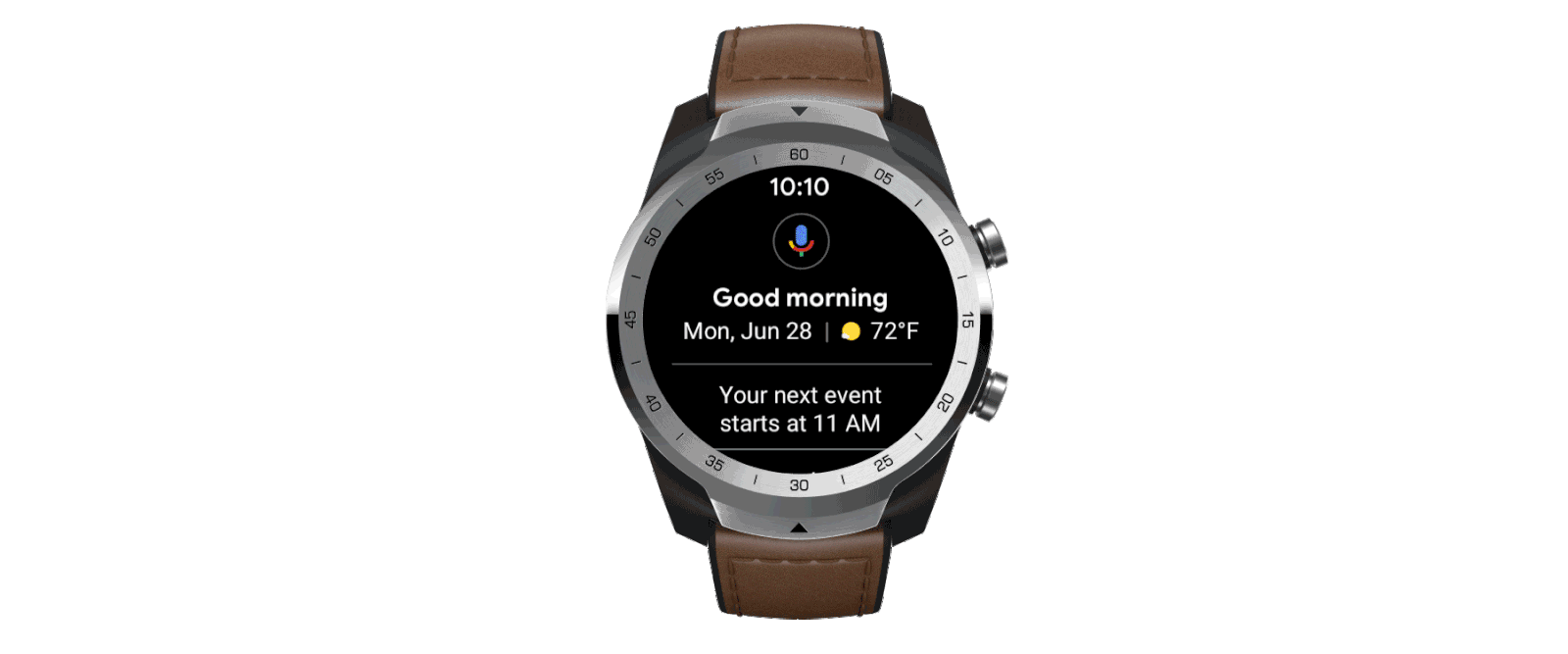Quibi and mindshare versus marketshare
Quibi, the newest video-streaming kid on the block launched yesterday:
Quibi, the oddly-named mobile streaming service founded by Jeffrey Katzenberg, was downloaded over 300,000 times on launch day, according to preliminary data from app store intelligence firm Sensor Tower. That’s only 7.5% of the approximately 4 million installs Disney+ saw when it launched in the U.S. and Canada on November 12, 2019. However, it was enough to send Quibi’s app to nearly the top of the charts on the App Store. Today, Quibi is the No. 3 app on the Apple App Store, but only No. 29 on Google Play.
The disparity once again highlights iOS’s mindshare versus Android’s marketshare. Sure, Android’s install base towers over iOS’s but iOS users spend more. How many millions of shitty, budget Android pocket computers are out there, not being used by people because they’re not fun to use?
Related news: This morning, Philip Elmer-DeWitt referenced a Piper Sandler survey revealing (not surprisingly), “A record 85% of U.S. teens own an iPhone, a record 88% want one.”


